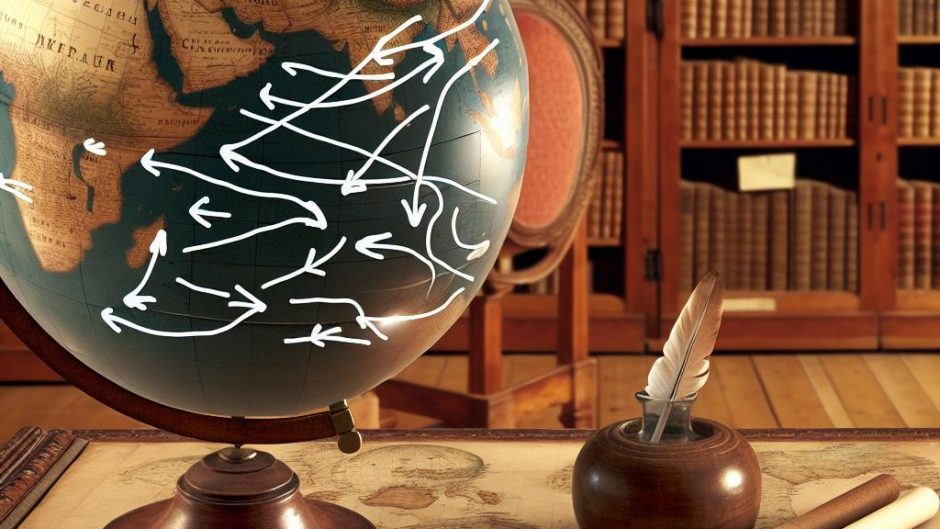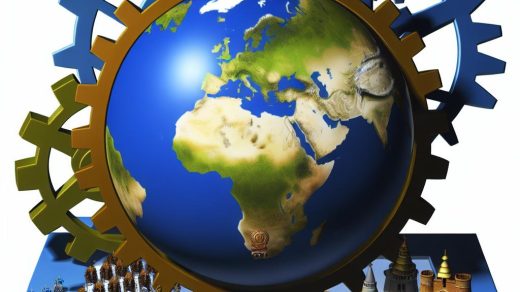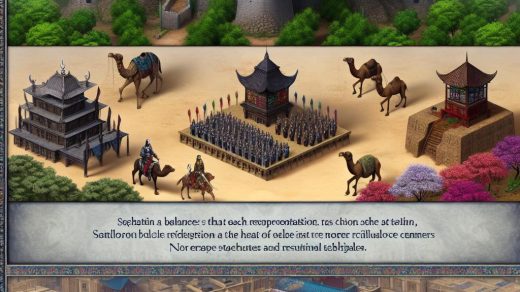Understanding Historical Context
Expanding an empire across a map has been a multifaceted endeavor involving numerous strategies and approaches. The intricacies of empire expansion depend significantly on the era’s geographical, political, and economic landscapes. To truly grasp how empires managed to grow, it’s essential to delve into these conditions and examine them through notable case studies, such as the Roman Empire, the Mongol Empire, and the British Empire. These examples offer rich insights into the varied methodologies of growth and expansion employed throughout history.
Strategic Military Conquests
A primary method for expansion in many historical empires was through military conquest. A successful military campaign necessitates more than just a large number of troops; it demands well-trained armies, robust logistical support, and tactical superiority. The geographic terrain profoundly influences the planning and execution of military operations. For instance, the British Empire’s reliance on naval power was crucial in establishing its dominion over distant lands, while the Mongol Empire expertly leveraged its cavalry’s mobility, allowing it to cover and conquer expansive areas swiftly. These strategic considerations were often coupled with innovations in military tactics and organization to ensure success.
Technological Advancements
Technological advancements have historically provided a considerable boost to an empire’s military capabilities. The development and employment of new weapons, transportation methods, and communication systems often offered strategic advantages over rivals. For example, the introduction of iron weaponry provided certain empires with a substantial edge compared to adversaries armed with less advanced materials. These innovations were not merely limited to weaponry but extended to logistics and strategy—for instance, the construction of roads to facilitate rapid troop movements.
Building Alliances and Diplomatic Relations
Expansion is not solely reliant on military strength; diplomatic efforts often play a crucial role in extending an empire’s reach. Creating alliances with neighboring entities can yield substantial advantages in terms of security and resources. Diplomatic marriages, trade agreements, and various treaties are among the means through which influence is extended without resorting to warfare. Establishing strong relationships with other powers helps form a network of support and defense, making the consolidation of territorial gains more manageable and sustainable.
Case Study: The Role of Diplomacy in Expansion
The Ottoman Empire provides a notable example of diplomatic finesse in nation-building and expansion. Besides military conquests, this empire effectively utilized diplomacy by establishing vassal states and engaging in strategic marriages. This dual approach allowed the Ottomans to expand their influence across diverse regions, including Europe, Asia, and Africa. Such diplomatic maneuvers enabled smoother governance and extended the duration of control over newly acquired territories, thus enhancing overall empire stability.
Effective Governance and Integration
Once new territories are acquired, the challenge shifts to governance and integration of diverse populations within the empire. The empires that managed to succeed in these efforts often implemented sophisticated administrative systems. These systems struck a balance between local autonomy and centralized control. The Roman Empire stands as a quintessential example of effective governance; it combined localized governance structures with a unifying legal system that ensured stability across its vast territories.
Economic Incentives and Stability
Sustaining an empire is inextricably linked to its economic framework. Effective taxation systems, the establishment of trade routes, and the development of infrastructure are vital components that underpin an empire’s economic health. Successfully integrating an empire’s economy with those of its new territories helps in mitigating resentment and preventing rebellion. This process of economic integration is crucial for ensuring an empire’s longevity and prosperity, allowing it to support its military and administrative infrastructures.
Modern Perspectives on Expansion
In contemporary times, the classical notions of empire expansion through military conquests are largely outdated due to international legal frameworks and ethical norms. However, modern “empires,” such as nation-states and multinational corporations, can expand their influence through economic and cultural means. These entities often wield “soft power,” utilizing media, technology, and financial investments to extend their reach globally. Such expansion strategies reflect the evolving nature of influence and power in the modern world, where overt military conquest has been replaced by subtler forms of dominance.
Conclusion
Historically, the expansion of empires has been a complex process involving a blend of military, diplomatic, and administrative strategies. By examining the methods and systems utilized by past empires, modern entities can glean valuable lessons on extending influence, albeit through approaches that align with contemporary ethical and legal expectations. Those interested in further exploring historical or modern methods of influence can consult reputable historical resources for comprehensive information and analysis. This exploration can enrich our understanding of how past practices can inform current and future approaches to influence and power on the global stage.
This article was last updated on: April 1, 2025





Recent Comments